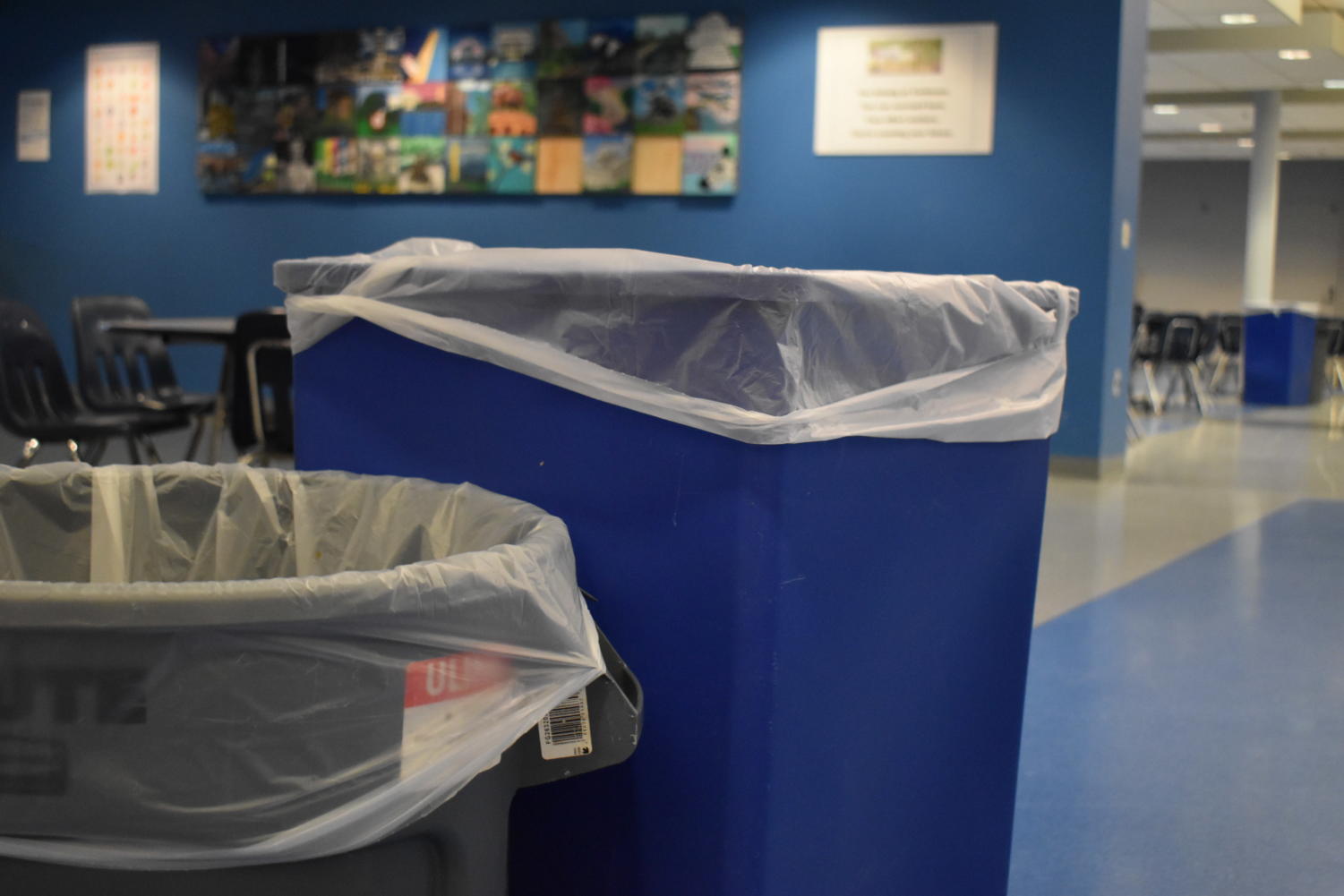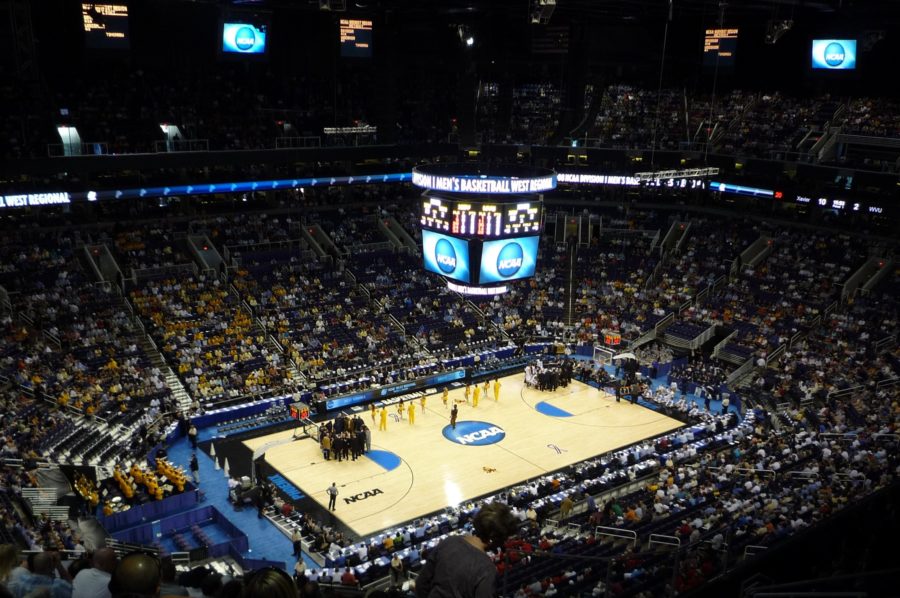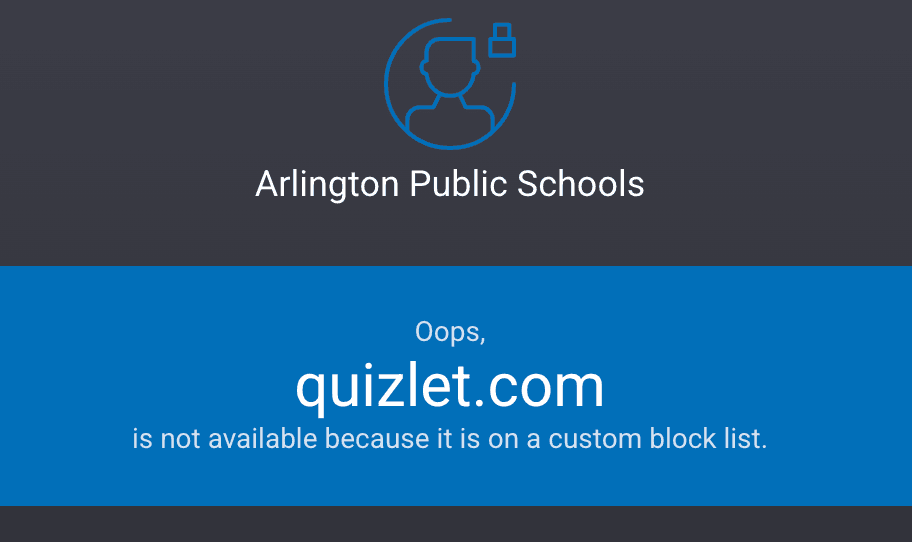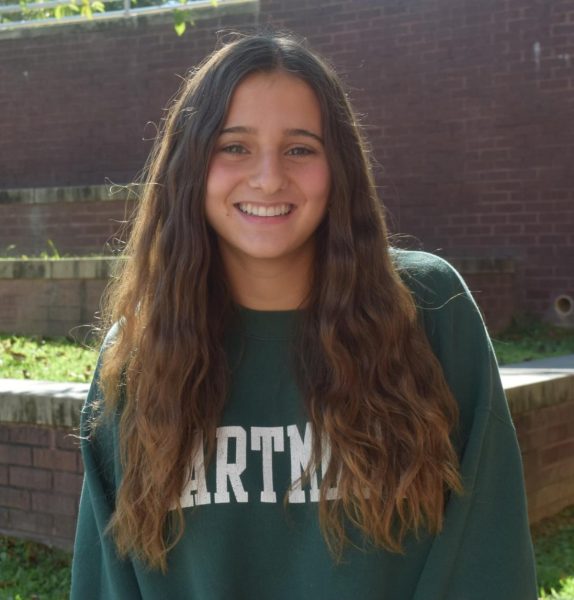We’ve all done it. Thrown away the apple we bought that suddenly looks unappetizing. Tossed out the healthy side salad that we now don’t want to eat. In the moment, it doesn’t seem like a big deal. In reality, however, food waste is a major problem facing Arlington and the country.
It is estimated that 119 billion pounds of food are wasted every year in the United States, an issue that is readily apparent in our school. Plastic containers full of pita and hummus, unopened milk cartons and half-eaten chicken sandwiches pile up in the trash cans. Instead of our school’s unwanted foods being donated or composted, it gets taken away to be incinerated.
Food thrown into landfills gets trapped under other trash and is not able to decompose properly without access to air. As a result, it produces a significant amount of methane, a potent greenhouse gas responsible for 20% of our world’s air pollution. Burning waste in an incinerator—as is done in Virginia—has a similarly negative effect, as it produces a comparable amount of methane.
So, the question is: how do we reduce the environmental impacts of food waste?
Composting is an ideal way to deal with food waste. It returns the food’s nutrients back to the earth, improves the soil and does not release the harmful amounts of methane associated with other methods of food disposal. Unfortunately, there are a number of hurdles standing in the way of adopting this sustainable practice.
One of these obstacles is the cost. Theoretically, composting can be done in one’s own backyard, but in order to make a large-scale impact in schools and buildings, it’s necessary to have an extensive system in place.
Arlington County made a commitment to this practice in September 2021, when the county provided compost bins and pick-up services to make composting more accessible. 80% of Arlington households participated, which led to a 20% reduction in food waste going into trash disposal, according to the Solid Waste Bureau for Arlington County. Although this program has proven to be effective, it is not offered in schools, where large amounts of waste are generated. There would be a significant cost to either compost on campus or have the food waste moved elsewhere.
Our school’s Environmental Club took the matter into their own hands and implemented a composting program in 2019 to reduce food waste at lunch. Unfortunately, this program was discontinued due to complications with picking up the compost. Currently, only trash and recycling bins are available at lunchtime.
Another obstacle to carrying out a school-wide composting program is ensuring students and staff know how to compost properly.
“Both the people making the food and the people eating the food have to be trained to put it in the right bin. That requires constant effort to keep everybody up to date on what they should be doing. It’s sort of an education barrier,” said Shevaun Lewis, leader of managing compost initiatives for the DC chapter of Sierra Club Zero Waste Committee.
The Sierra Club DC Chapter’s Zero Waste Committee advocates for district businesses and residents to prioritize composting and recycling. Their mission is to divert 80% of the district’s waste from landfills and incinerators by 2032 through working with the DC council and district agencies to make systemic and policy changes.
Finally, there is a certain hygienic factor involved when it comes to composting. When many people think of composting, they think of flies and rotting food. Getting over that initial barrier is potentially the hardest part of composting. It requires a bit of adjustment and extra work because it’s not as easy and clean as just throwing food into a sealable trash bag. But, as long as you leave access to air, you’ll hardly notice the compost is there.
At times, reducing food waste can seem like a daunting task. The most important thing to remember, though, is that effort matters. Making small changes in your lifestyle, like throwing your breakfast scraps into your compost bin instead of the trash, can make a big difference. Just the act of being aware of where your trash goes can be the first step towards creating a more sustainable future.








































